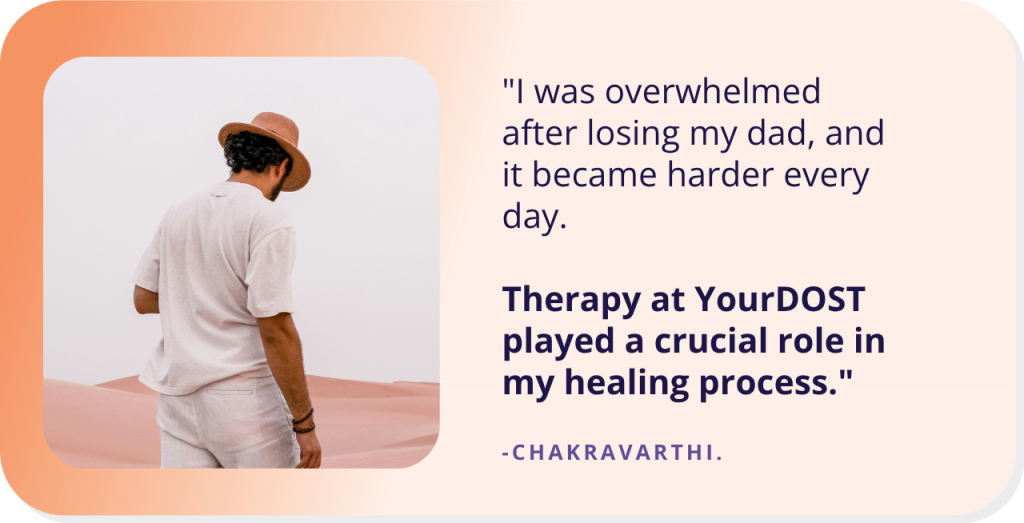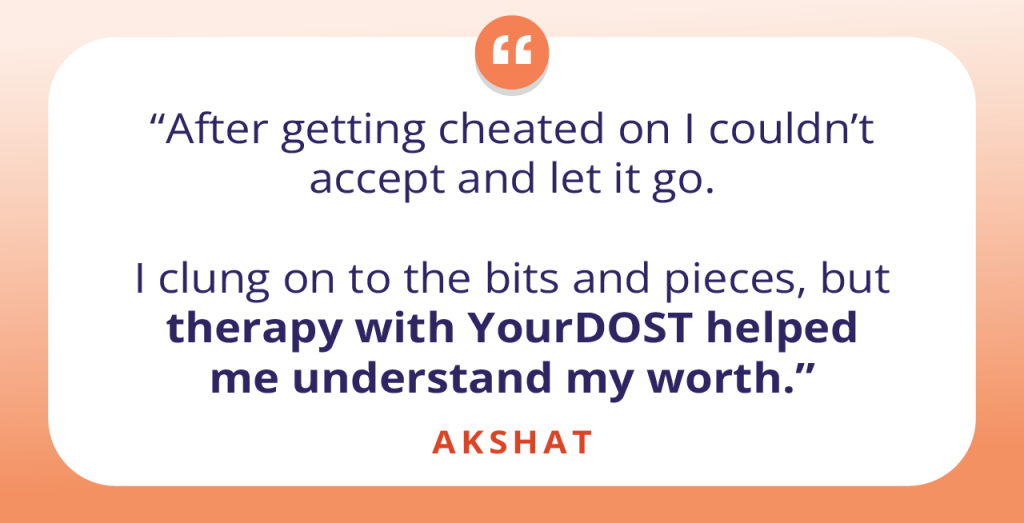Grieving and Mental Health
There are over 43 different life events on the Holmes and Rahe Social Readjustment rating scale – retirement, getting a mortgage or a child leaving home, to a more minor changes like altering eating habits or taking a holiday –which has been scored for the intensity and length of the time people had to make a re-adjustment to what had happened. The study showed that for the life event which had higher a higher score can lead to some kind of health problem. The problem can be a transient one like being vulnerable to cough and cold, or more severe problems such as anxiety disorders / migraine.
Grief is a very powerful emotion and the pain with it is very high. Grief is involved not only when one loses a close person to death but also in other life events such as divorce, redundancy, disability, and even aging. When you grieve it has a direct effect which weakens the immune system and lowers resistance to disease. It’s clear that both psychological and physical distress are usual following some traumatic life events. Grief, often involves feelings of depression. Usually this depression resolves with time, though about 20% of people are likely to be still suffering from major depression a year from the event.
Grief does help mind to go into state of shock so that it can be prepared to accept the reality in slow phases –although emotionally and mentally people may become frozen, in denial and withdrawn, and may develop a feeling of mistrust. This helps them to come to terms with reality slowly and when they can bear it, it acts as a defense mechanism of mind to protect. Crying or going in shock and unable to speak are the mechanisms which help the mind to adjust to the new reality.
Mental health is shaped up by the support extended. When a person receives support and moral encouragement it helps them to feel better and build up immune. Those who have had a traumatic life event will go through their phases of trauma — denial, anger, withdrawal, etc. It is hence important for them to talk, to share, to cry. They need to vent out their feelings, and this is where a proper support system is very important. In case of positive support and being there, it helps person to get a grip on life and start reliving their lives.
People with philosophical or religious outlook coping style, proper social support, high self-esteem or other factors, have high emotional resilience and they recover quickly and effectively without apparently needing to ‘work through’ the various so-called stages/tasks of grief. There is a further sizeable proportion of sensitive people who do get affected and need to work through the described grief processes and yet there are many people who do not recover from their loss even after many years — there is a feeling of being stuck up. The thought processes in a person help in coping with situations. If the thought processes are unclear it causes negative emotions such as
- I can never move on from this, or
- Life is finished for me,
- There is nothing to look forward to or
- Its all my fault in life
These will create more frustration, anger, guilt and unhappiness /distress. Hence the mind’s health post a traumatic situation is largely dependent on your thoughts and the way you embroider them to relive your life.





